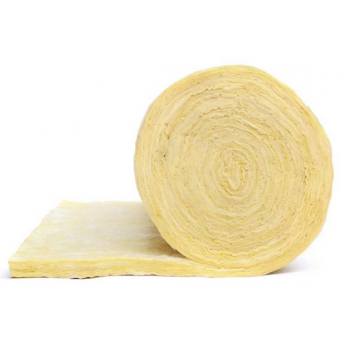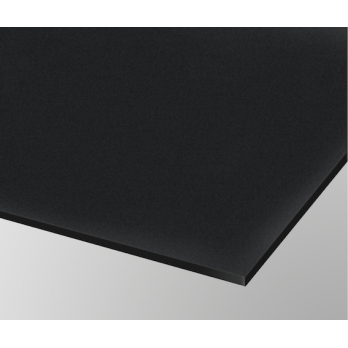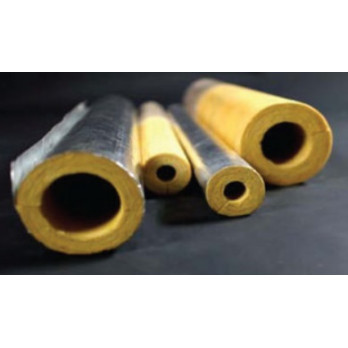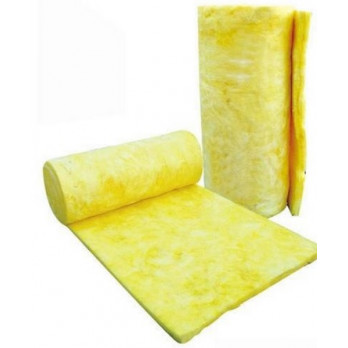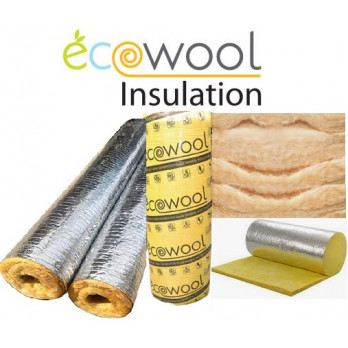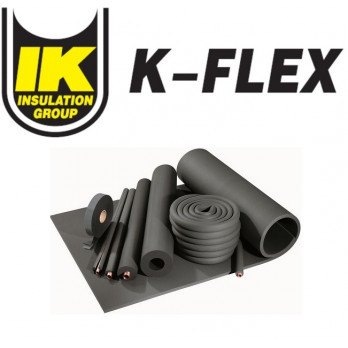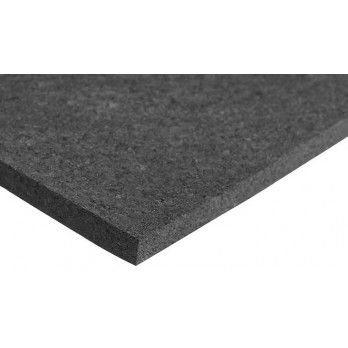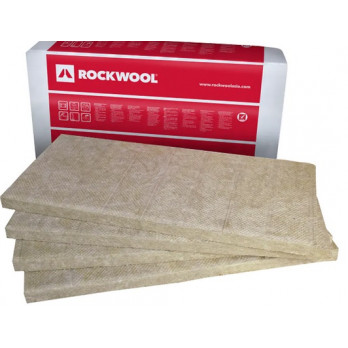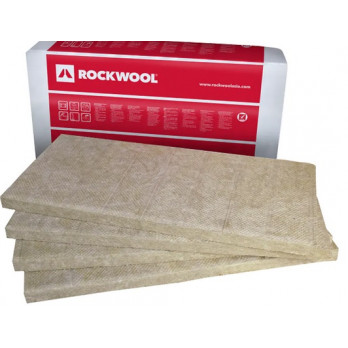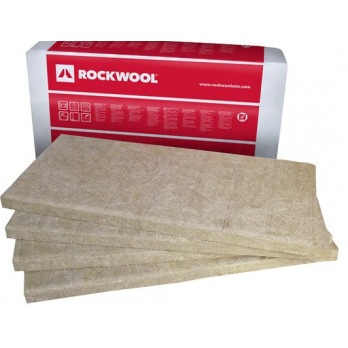Acoustic Insulation (also known as sound insulation) is a form of insulation that is designed to help reduce noise and sound transmission in the environment or from objects and building structures. The use of acoustic insulation can help create a better work and living environment, and improve the quality of health and wellbeing of people, through the prevention of hearing loss and disrupted sleep cycles by blocking out the unwanted noise.
Using Soundproof Insulation for Walls
Soundproof insulation is designed to block unwanted noise by absorbing sound and preventing it from passing through walls. It is particularly useful in bedrooms, offices, and entertainment areas to create a peaceful, quiet environment. Installing soundproof insulation can significantly enhance the comfort of your home, allowing you to enjoy music, conversations, or other activities without disturbing others. Choosing high-quality soundproof insulation is essential for optimal results.
In addition to reducing noise, soundproof insulation also improves energy efficiency by helping to maintain a stable indoor temperature. This makes it an important element in building a quiet, comfortable, and energy-efficient space.
How Thick Should Soundproof Insulation Be?
For effective noise reduction, the required thickness of soundproof insulation depends on the material used. For example, soundproof insulation such as rockwool insulation should be at least 2 to 4 inches thick. However, for greater noise control, thicker insulation may be necessary. The ideal thickness depends on your specific needs and the type of noise you are trying to block. Thicker insulation provides better soundproofing, making it a good option if you live in a noisy environment. Choosing the appropriate thickness ensures maximum noise reduction and creates a calm atmosphere.
How Effective Is Soundproof Insulation at Reducing Noise?
Soundproof insulation is highly effective at reducing noise by absorbing sound vibrations and preventing them from traveling through walls. It works well in homes, offices, and studios, reducing external noise and creating a more peaceful environment. Soundproof insulation not only helps lower noise levels but also increases privacy. By blocking most unwanted sounds, it serves as a reliable solution for noise control in any space.


